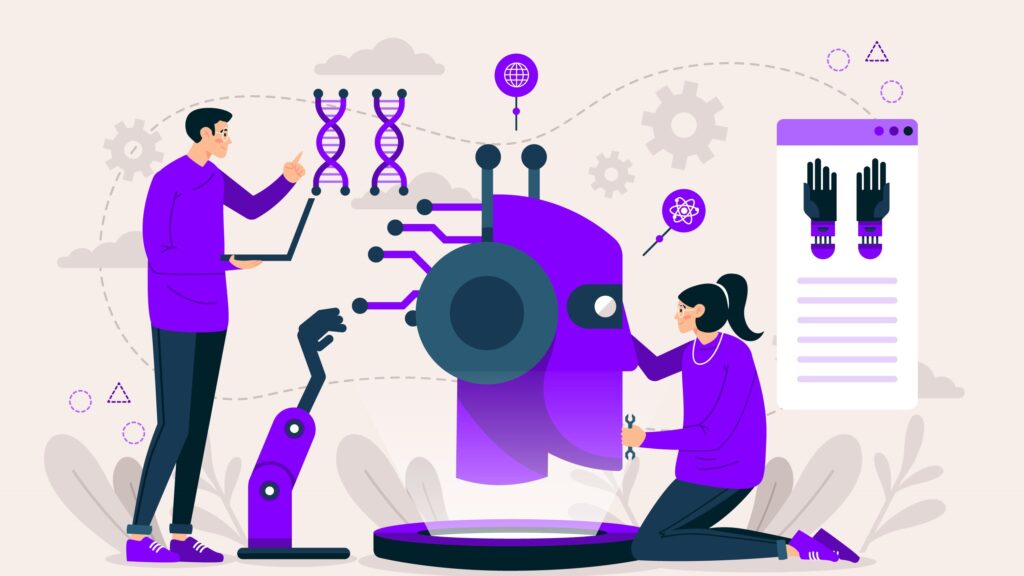Training Generative AI on Your Company's Data - A Game Changer for Innovation
Generative AI models like ChatGPT have exploded in popularity thanks to their impressive language skills. However, these systems lack company-specific knowledge that can provide a competitive edge. New approaches make it possible to train generative AI on your own proprietary data - unlocking access to your organization's accumulated knowledge.
In this post, we'll explore how companies can leverage generative AI to capture, enhance, and spread their unique intellectual capital.
The Untapped Potential of Your Company's Knowledge
Every company's policies, documents, data, and employees' expertise represent invaluable proprietary knowledge. Tapping into this and making it widely available fuels innovation and gives a competitive advantage.
Generative AI finally offers a way to unlock and disseminate this knowledge. Systems trained on your content can spread this across the organization - empowering employees with your company's institutional wisdom.
Approaches for Training Generative AI
There are several methods to impart company knowledge into generative models:
- Train a new model from scratch using your own content. This requires massive amounts of data and resources but creates a custom system.
- Fine-tune an existing model by adjusting parameters on your data. Easier than creating a new model but still resource-intensive.
- Prompt-tuning by providing examples in the context window. Efficient but can be technically complex.
Each approach has tradeoffs to consider regarding effort, computing needs, and output quality.
Ensure High-Quality Training Data
Like any AI, generative models are only as good as their training data. Rigorously vetting and curating your proprietary content is crucial prior to training.
Implement strong data governance around collecting, cleaning, and tagging data. Train content creators on how to format and label source documents effectively.
Continuous monitoring for errors, inaccuracies, and false information generated by the models is also vital. Establish rigorous quality assurance processes.
Managing Risks and Setting Policies
As with any AI, generative models come with risks around biases, security, legal issues, and improper use. Companies should thoroughly evaluate and mitigate these risks through policies and governance.
Guide employees on proper and transparent use of generative AI through training and codes of conduct. Make the models' capabilities and limitations clear.
Avoid pitfalls through vigilance, but don't let perfection be the enemy of progress. With responsible oversight, generative AI can provide groundbreaking benefits.
The Possibilities Are Powerful
Unleashing your company's institutional knowledge can drive exponential productivity gains, faster innovation, and major competitive differentiation.
Approach generative AI thoughtfully but ambitiously to tap into its immense potential. With the right data and policies, your company can make generative models a game-changer rather than a source of disruption.
I'm eager to hear about your experiences with training generative AI! Please share your lessons learned or connect to discuss more.



